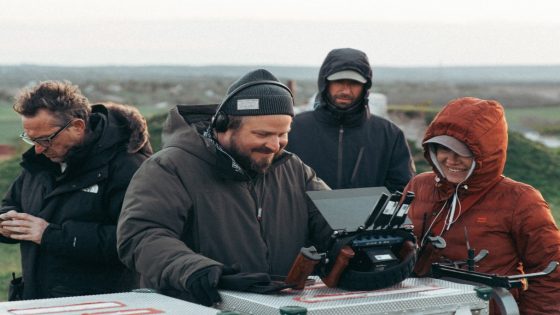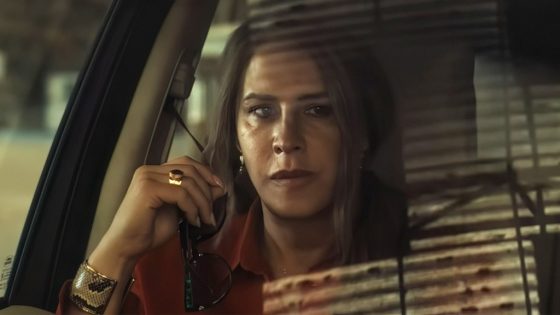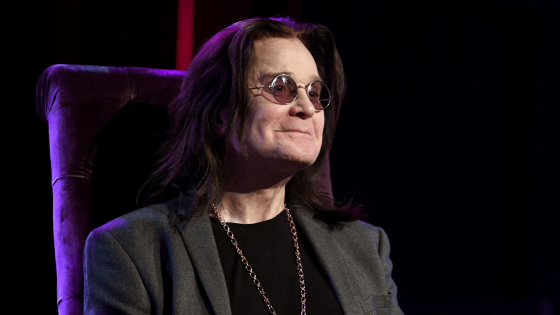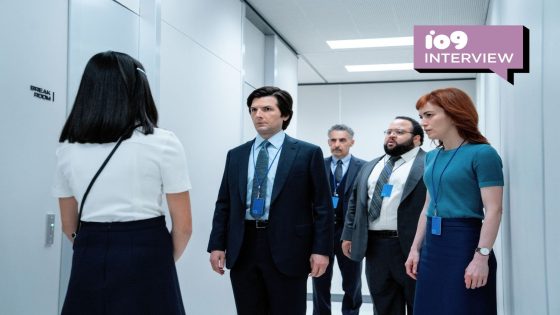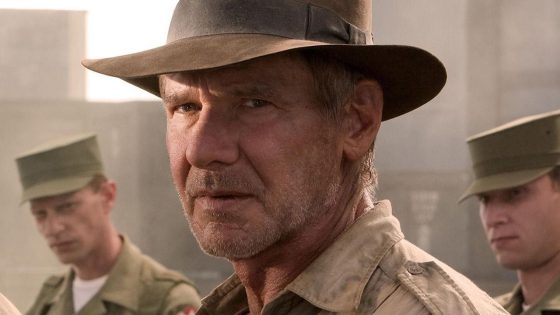Brady Corbet’s Oscar-nominated film, “The Brutalist,” has stirred up quite a buzz in the indie film community. On February 19, 2025, Corbet revealed on Marc Maron’s podcast that he made “zero dollars” from his nearly three-hour epic. But what does this mean for indie filmmakers navigating a landscape dominated by big-budget productions?
- Brady Corbet claims he made "zero dollars."
- His film grossed $14.5M domestically.
- Corbet deferred his fees for the project.
- A24 acquired domestic rights for $10M-$15M.
- 27 executive producers complicate Corbet's pay.
- Film expected to clear $10M-$20M profit.
Brady Corbet’s Financial Struggles with “The Brutalist” and Indie Filmmaking
How can a film gross millions yet leave its director without a paycheck? This paradox is at the heart of Brady Corbet’s experience with his Oscar-nominated film. While “The Brutalist” has seen success at the box office, Corbet’s comments reveal the harsh realities of indie filmmaking.
Understanding the Financial Landscape of Indie Films
Corbet’s situation sheds light on the financial dynamics of indie filmmaking. Despite the film’s impressive box office performance, the director’s lack of salary raises questions about industry practices. Here are some key points:
- Corbet deferred his fees, a common practice in indie films.
- The film grossed $14.5 million domestically and $31.3 million worldwide.
- Corbet’s experience highlights the financial risks filmmakers take for creative projects.
- With 27 executive producers, the profit distribution can complicate paychecks.
The Profitability of “The Brutalist” and Its Implications
“The Brutalist” has proven to be a profitable venture, potentially clearing $10 million to $20 million in profit. This success is crucial for indie filmmakers, as it demonstrates that smaller films can thrive in a market often dominated by blockbusters. As Corbet continues his awards campaign, the film’s financial success may open doors for future projects.
Future Prospects for Brady Corbet in the Indie Film Scene
Despite the challenges, Corbet’s experience with “The Brutalist” positions him for future opportunities. His work on commercials and the film’s success could lead to more significant projects. As he navigates the indie film landscape, Corbet’s story serves as a reminder of the resilience required in this industry.
In conclusion, while Brady Corbet may not have seen immediate financial rewards from “The Brutalist,” the film’s success underscores the potential for indie filmmakers to thrive against the odds. With the right strategies and support, the future looks promising for those willing to take risks in the world of independent cinema.



